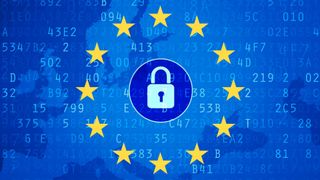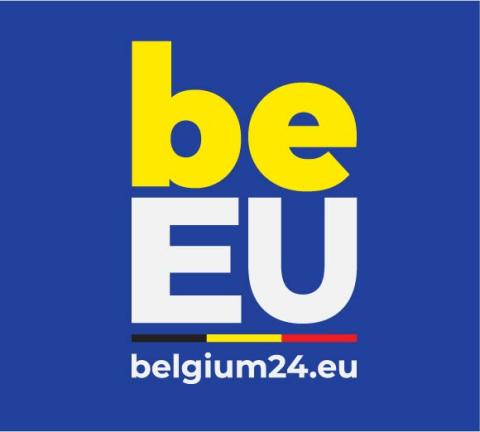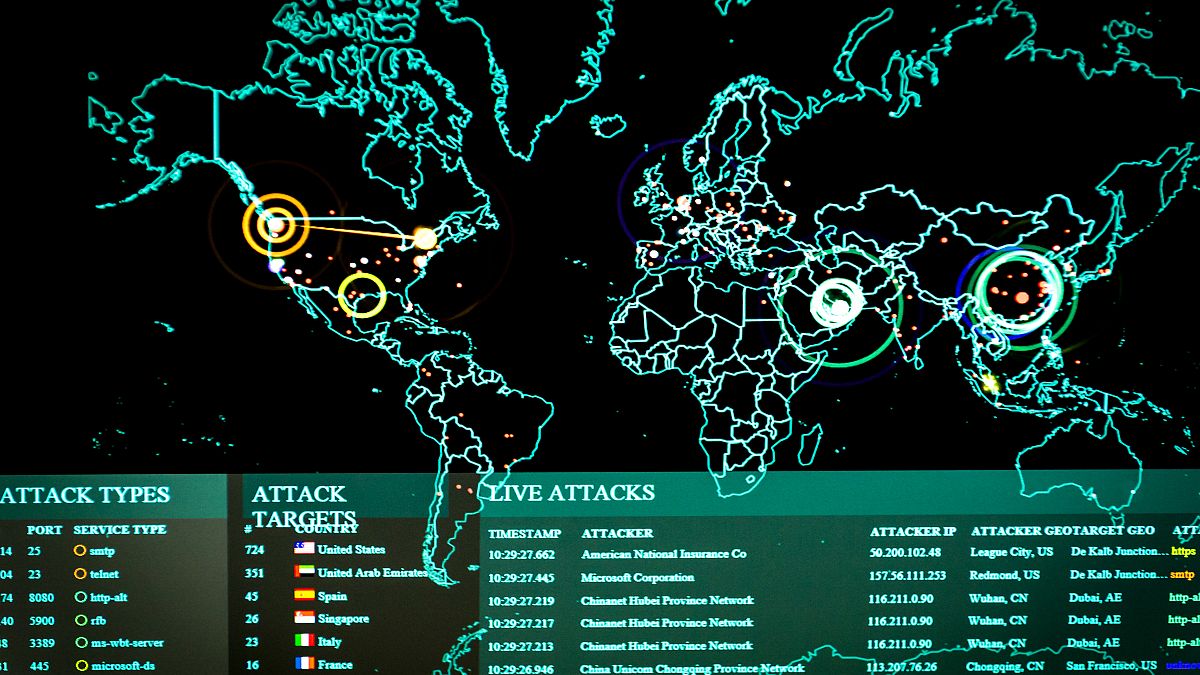-----------------------------------------------------------------------------------------------------------------------------
EU Council Presidency’s Last-Ditch Effort For Mass Scanning Must Be Rejected
As the current leadership of the EU Council enters its final weeks, it is debating a dangerous proposal that could lead to scanning the private files of billions of people.
EFF strongly opposes this proposal, put forward by the Belgian Presidency at the EU Council, which is part of the EU’s executive branch.
EFF strongly opposes this proposal, put forward by the Belgian Presidency at the EU Council, which is part of the EU’s executive branch.
- Together with European Digital Rights (EDRi) and other groups that defend encryption, we have sent an open letter to the EU Council explaining the dangers of the proposal. The letter asks Ministers in the Council of the EU to reject all proposals that are inconsistent with end-to-end encryption, including surveillance technologies like client-side scanning.
If the proposal is adopted, it would represent a significant step backwards. Since 2022, the EU has been debating a file-scanning regulation that would eviscerate end-to-end encryption. Realizing that this system of client-side scanning, which some have called “chat control,” would violate the human rights of EU residents, a key European Parliament committee agreed in November to amendments that would protect end-to-end encryption.
How We Got Here
EFF’s advocacy has always defended the right to have a private conversation online, and the technology that can enable that: end-to-end encryption. That’s why, since 2022, we have opposed the efforts by some EU officials to put a backdoor into encrypted communications, in the name of protecting children online.
Without major changes, the child protection proposal would have been a disaster for privacy and security online. In November, we won a victory when the EU Parliament’s civil liberties agreed to make big changes to the proposal that would make it clear that states could not engage in mass scanning of files, photos and messages in the name of fighting crime.
Without major changes, the child protection proposal would have been a disaster for privacy and security online. In November, we won a victory when the EU Parliament’s civil liberties agreed to make big changes to the proposal that would make it clear that states could not engage in mass scanning of files, photos and messages in the name of fighting crime.
The Belgian proposal, which EFF has reviewed, specifies that online services would be forced to install software so that child abuse material “should remain detectable in all interpersonal communications services.”
- To do this, the online services must apply “vetted technology”—in other words, government-approved software—that would allow law enforcement to scan the photos, messages and files of any user.
We reject mass-scanning as a means of public safety.
- Phones and laptops must work for the users who own them, not act as “bugs in our pockets” in the service of governments, foreign or domestic.
- Government eavesdropping in the name of crime-fighting must always be targeted, narrowly limited, and subject to judicial oversight.
The Belgian Presidency’s proposal is the latest in a long line of attempts by governments to evade this basic human rights concept.
As its details become more widely known, this colossally unpopular spying idea will be rejected not just by EFF and other NGOs, but by voting publics in the EU and beyond.
As its details become more widely known, this colossally unpopular spying idea will be rejected not just by EFF and other NGOs, but by voting publics in the EU and beyond.
THE LATEST
The recent wave of protests calling for peace in Palestine have been met with unwarranted and aggressive suppression from law enforcement, universities, and other bad actors. It’s clear that the changing role of surveillance on college campuses exacerbates the dangers faced by all of the communities colleges...
.jpg)













No comments:
Post a Comment